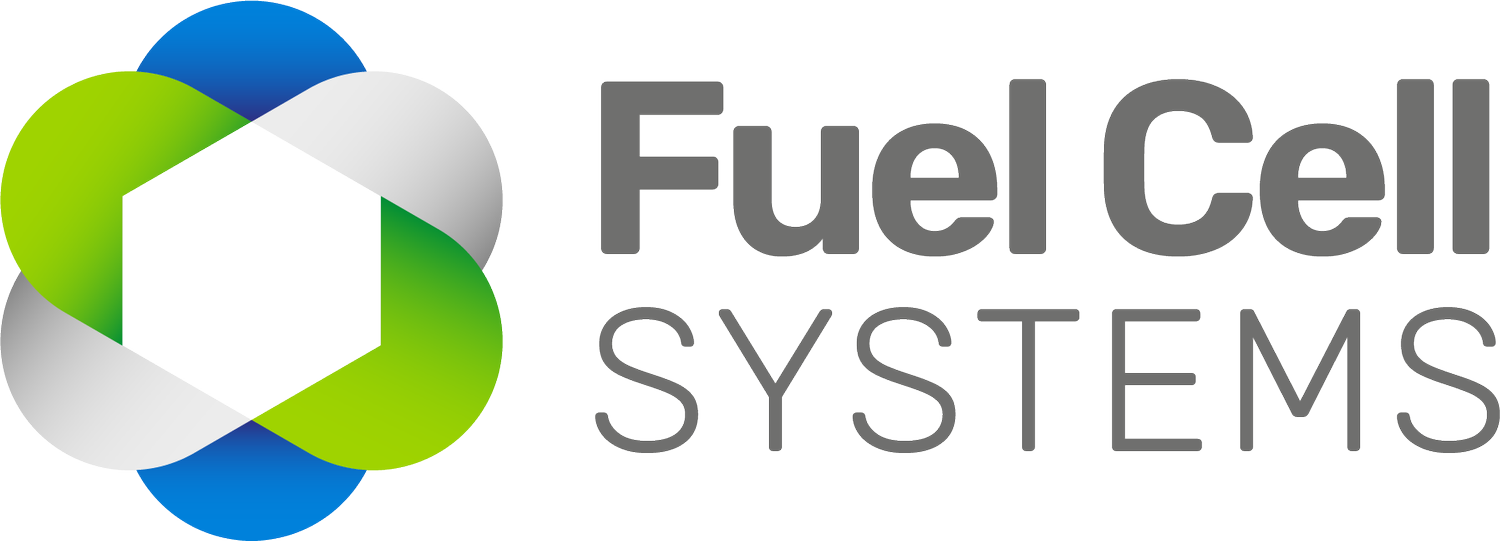
Hydrogen Refuelling Case Studies
Fuel Cell Systems has developed three generations of hydrogen refuelling trucks since 2016, each advancing the capabilities and sustainability of mobile hydrogen solutions. The first-generation HyTruck addressed the scarcity of refuelling infrastructure but was limited to stationary hydrogen delivery, supporting projects like the UK's first hydrogen train and the Metropolitan Police’s hydrogen scooter trials. The second-generation HyTruck overcame these limitations by enabling hydrogen transport on public roads, supporting ambitious initiatives like the HyFlyer zero-emission aviation project. The latest third-generation HyTruck, developed in 2024, integrates hydrogen refuelling within a battery-electric vehicle, achieving zero-emission operations and continuing Fuel Cell Systems’ commitment to decarbonising transport.
Toyota GB manufacturing plant at Burnaston joined forces with Fuel Cell Systems to introduce a storage, production and refuelling station, making a significant step on the road to net zero. This case study highlights FCSL's role in designing, integrating, and installing the sophisticated, yet pragmatic complete hydrogen solution.
This initiative highlights the promising demonstration of green, zero-emission public transport in South Wales. By utilising locally-produced electrolytic green hydrogen, this initiative promotes cleaner and more sustainable transport options. With the support of key partners, this project showcases the commitment of stakeholders to decarbonise the transport sector and transition to sustainable energy solutions.
The BMW Group chose Fuel Cell Systems Ltd (FCSL) to provide hydrogen fuel for the winter testing phase of its new hydrogen fuel cell powered vehicle, the BMW iX5 Hydrogen.
Beth Dawson was a previous finalist in the Women in Innovation initiative. Here she describes how the original idea has developed into a whole new product range





